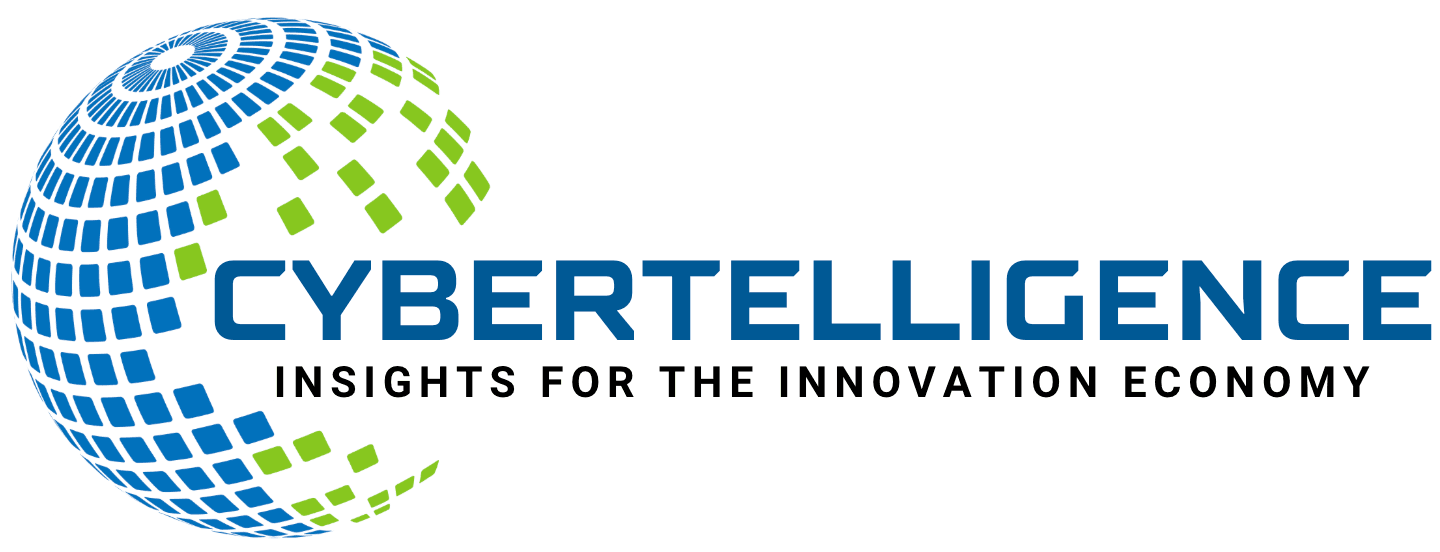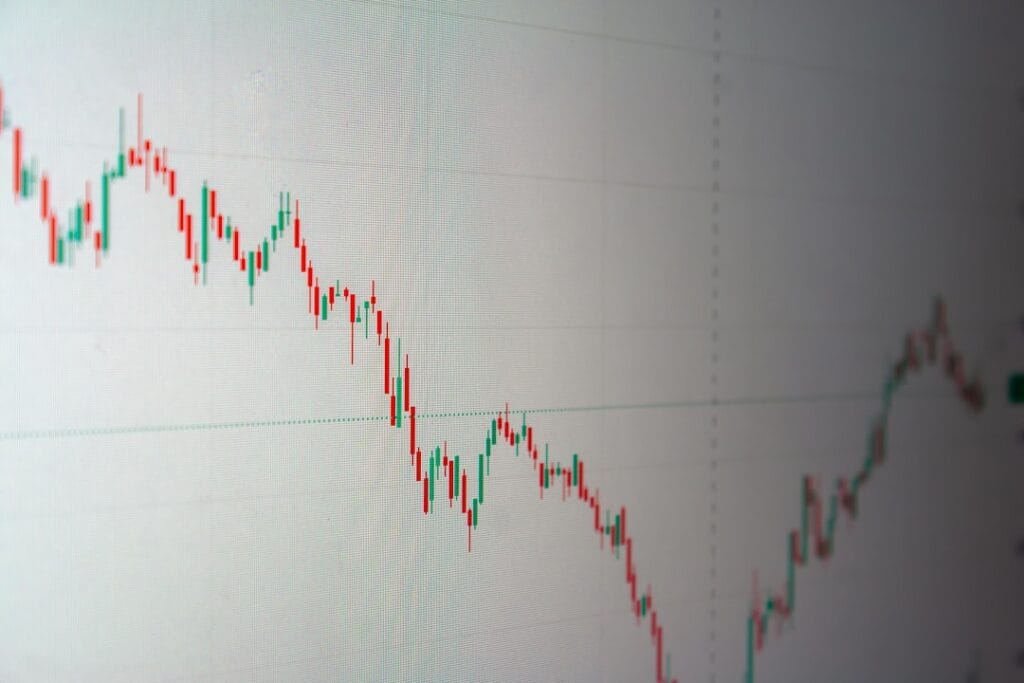Blockchain technology has emerged as one of the most transformative innovations of the 21st century, fundamentally altering the way data is stored, shared, and secured. At its core, a blockchain is a decentralized digital ledger that records transactions across multiple computers in such a way that the registered transactions cannot be altered retroactively without the consensus of the network. This decentralized nature ensures that no single entity has control over the entire chain, which enhances security and trust among participants.
The technology was first introduced as the underlying framework for Bitcoin in 2008 by an anonymous person or group known as Satoshi Nakamoto, but its potential applications extend far beyond cryptocurrencies. The significance of blockchain lies in its ability to provide transparency, security, and efficiency in various processes. Each block in the chain contains a list of transactions, a timestamp, and a cryptographic hash of the previous block, creating an immutable record that is resistant to tampering.
This structure not only enhances data integrity but also facilitates real-time auditing and verification. As industries begin to recognize the potential of blockchain, it is becoming increasingly clear that this technology could revolutionize traditional systems by streamlining operations and reducing costs.
Key Takeaways
- Blockchain technology is a decentralized and secure way of recording transactions and data across a network of computers.
- Blockchain has the potential to revolutionize traditional industries by increasing transparency, security, and efficiency.
- In financial services, blockchain can streamline processes, reduce fraud, and lower transaction costs.
- In supply chain management, blockchain can improve traceability, reduce fraud, and enhance trust among stakeholders.
- In healthcare, real estate, energy, and government, blockchain can bring about similar benefits by transforming the way data is stored and transactions are conducted.
The Impact of Blockchain on Traditional Industries
The advent of blockchain technology has prompted a reevaluation of traditional industries, leading to significant shifts in how they operate. One of the most notable impacts is the enhancement of transparency and accountability. In sectors such as finance, supply chain management, and healthcare, stakeholders are often required to trust intermediaries to verify transactions or manage records.
Blockchain eliminates the need for these intermediaries by providing a transparent and secure platform where all parties can access the same information in real time. This shift not only reduces costs associated with third-party verification but also minimizes the risk of fraud and errors. Moreover, blockchain’s ability to create a single source of truth has profound implications for data management across various sectors.
For instance, in supply chain management, companies can track products from their origin to the end consumer, ensuring authenticity and compliance with regulations. This level of traceability can significantly enhance consumer trust and brand loyalty. In healthcare, patient records can be securely shared among providers while maintaining patient privacy, leading to improved care coordination and outcomes.
As industries continue to explore blockchain’s capabilities, it is evident that its impact will be felt across multiple facets of business operations.
Blockchain in Financial Services

The financial services sector has been one of the earliest adopters of blockchain technology, recognizing its potential to enhance efficiency and reduce costs. Traditional banking systems often involve multiple intermediaries, leading to delays and increased transaction fees. Blockchain streamlines these processes by enabling peer-to-peer transactions without the need for intermediaries.
For example, cross-border payments can be executed in real time with significantly lower fees compared to traditional banking methods. Companies like Ripple have developed blockchain-based solutions specifically designed to facilitate international money transfers, demonstrating the technology’s capacity to disrupt conventional banking practices. Additionally, blockchain technology has paved the way for innovative financial products such as decentralized finance (DeFi).
DeFi platforms leverage smart contracts—self-executing contracts with the terms directly written into code—to offer services like lending, borrowing, and trading without traditional financial institutions. This democratization of finance allows individuals to access financial services without relying on banks or brokers, thereby increasing financial inclusion for underserved populations. The rise of cryptocurrencies as an alternative asset class further exemplifies how blockchain is reshaping financial services by providing new investment opportunities and challenging existing regulatory frameworks.
Blockchain in Supply Chain Management
| Metrics | Value |
|---|---|
| Increased transparency | Yes |
| Reduced fraud and errors | Yes |
| Improved traceability | Yes |
| Enhanced security | Yes |
| Cost savings | 10-20% |
Supply chain management is another area where blockchain technology is making significant strides. The complexity of global supply chains often leads to inefficiencies, lack of transparency, and difficulties in tracking products from origin to destination. Blockchain addresses these challenges by providing a decentralized platform where all participants can access real-time data regarding product movement and status.
For instance, companies like IBM and Maersk have collaborated on a blockchain-based platform called TradeLens that enables stakeholders to share shipping data securely and transparently. This initiative not only improves operational efficiency but also enhances visibility across the supply chain. Furthermore, blockchain’s ability to ensure product authenticity is particularly valuable in industries such as food and pharmaceuticals.
By recording every transaction on a tamper-proof ledger, companies can trace products back to their source, ensuring compliance with safety standards and regulations. For example, Walmart has implemented blockchain technology to track the origin of food products, allowing for rapid response in case of contamination or recalls. This level of traceability not only protects consumers but also strengthens brand reputation and trust.
Blockchain in Healthcare
In the healthcare sector, blockchain technology holds immense potential for improving patient care and data management. One of the primary challenges faced by healthcare providers is the fragmentation of patient records across different systems and institutions. Blockchain can create a unified platform where patient data is securely stored and easily accessible by authorized healthcare professionals.
This seamless sharing of information can lead to better care coordination, reduced duplication of tests, and improved patient outcomes. Moreover, blockchain can enhance the security and privacy of sensitive health information. With increasing concerns about data breaches and unauthorized access to medical records, blockchain’s cryptographic features provide an added layer of security.
Patients can have greater control over their data by granting access only to specific providers when needed. Additionally, blockchain can facilitate clinical trials by ensuring data integrity and transparency throughout the research process. By providing a secure method for recording trial results and participant consent, blockchain can help build trust in clinical research outcomes.
Blockchain in Real Estate

The real estate industry is often characterized by lengthy processes involving multiple parties, extensive paperwork, and significant transaction costs. Blockchain technology has the potential to streamline these processes by enabling secure digital transactions and reducing reliance on intermediaries such as title companies and escrow agents. Smart contracts can automate various aspects of real estate transactions, such as property transfers and lease agreements, ensuring that conditions are met before executing any actions.
For instance, Propy is a platform that utilizes blockchain technology to facilitate international real estate transactions by allowing buyers and sellers to complete deals online securely. By recording property titles on a blockchain ledger, Propy eliminates the need for physical documentation while ensuring transparency in ownership history. This innovation not only accelerates transactions but also reduces fraud risks associated with property ownership disputes.
Blockchain in Energy
The energy sector is undergoing a transformation driven by the need for sustainable practices and decentralized energy production. Blockchain technology plays a crucial role in this transition by enabling peer-to-peer energy trading among consumers with renewable energy sources such as solar panels. Platforms like Power Ledger allow individuals to sell excess energy generated from their solar systems directly to neighbors without relying on traditional utility companies.
Additionally, blockchain can enhance grid management by providing real-time data on energy consumption and production. This transparency allows for better demand forecasting and resource allocation, ultimately leading to a more efficient energy system. Furthermore, blockchain’s ability to track carbon credits can incentivize sustainable practices by providing a transparent method for trading emissions allowances among companies striving to meet environmental regulations.
Blockchain in Government
Governments around the world are exploring blockchain technology as a means to enhance transparency, efficiency, and citizen engagement in public services. One significant application is in voting systems; blockchain can provide a secure and tamper-proof method for recording votes while ensuring voter anonymity. By utilizing blockchain for elections, governments can increase public trust in electoral processes and reduce instances of fraud.
Moreover, blockchain can streamline government operations by improving record-keeping for land registries, identity verification, and public contracts. For example, countries like Estonia have implemented blockchain technology for e-governance initiatives that allow citizens to access public services securely online while maintaining control over their personal data.
Challenges and Opportunities of Implementing Blockchain
Despite its potential benefits, implementing blockchain technology presents several challenges that organizations must navigate carefully. One significant hurdle is scalability; as more users join a blockchain network, transaction speeds can slow down significantly due to increased demand on resources. Solutions such as sharding or layer-two protocols are being explored to address these scalability issues while maintaining security.
Another challenge lies in regulatory uncertainty surrounding blockchain applications across various industries. Governments are still grappling with how to regulate cryptocurrencies and other blockchain-based innovations effectively without stifling innovation or compromising consumer protection. Organizations must stay informed about evolving regulations while advocating for frameworks that support responsible blockchain adoption.
However, these challenges also present opportunities for innovation and collaboration among stakeholders across industries. As organizations work together to develop best practices for implementing blockchain solutions, they can create standards that promote interoperability between different systems. Additionally, educational initiatives aimed at increasing awareness about blockchain’s capabilities will empower more businesses to explore its potential applications.
Future Trends in Blockchain Technology
Looking ahead, several trends are likely to shape the future landscape of blockchain technology across various sectors.
By combining AI’s analytical capabilities with blockchain’s secure data storage, organizations can gain deeper insights into their operations while ensuring data integrity.
Another trend is the rise of central bank digital currencies (CBDCs), which are digital forms of fiat currency issued by central banks using blockchain technology. Countries like China are already piloting CBDCs as a means to modernize their financial systems while enhancing transaction efficiency and reducing costs associated with cash handling. Furthermore, as sustainability becomes a priority for businesses worldwide, we may see more initiatives leveraging blockchain for environmental impact tracking—such as carbon offset programs or supply chain transparency initiatives focused on ethical sourcing practices.
The Potential of Blockchain in Revolutionizing Industries
The potential of blockchain technology to revolutionize industries cannot be overstated; its applications span finance, supply chain management, healthcare, real estate, energy, government services, and beyond. By providing a secure and transparent platform for transactions and data sharing, blockchain addresses many inefficiencies inherent in traditional systems while fostering trust among stakeholders. As organizations continue exploring innovative ways to leverage this transformative technology—despite facing challenges related to scalability and regulation—the future looks promising for widespread adoption across various sectors.
Ultimately, embracing blockchain could lead not only to enhanced operational efficiencies but also pave the way for new business models that prioritize transparency and collaboration in an increasingly interconnected world.
In recent years, the intersection of blockchain and artificial intelligence (AI) has become a hot topic, with many experts exploring how these technologies can complement each other. While blockchain offers a decentralized and secure way to store data, AI can analyze and derive insights from this data, leading to innovative solutions across various industries. For those interested in delving deeper into the current state of AI and its potential synergies with blockchain, a comprehensive overview can be found in the article titled “The State of AI Mid-2025: A Comprehensive Overview.” This article provides valuable insights into the advancements and challenges in the AI landscape as of mid-2025. You can read more about it by following this link.
FAQs
What is blockchain?
Blockchain is a decentralized, distributed ledger technology that records transactions across multiple computers in such a way that the recorded transactions cannot be altered retroactively.
How does blockchain work?
Blockchain works by creating a chain of blocks, where each block contains a list of transactions. These blocks are linked together using cryptographic hashes, creating a secure and tamper-proof record of transactions.
What are the benefits of blockchain technology?
Some of the benefits of blockchain technology include increased security, transparency, and efficiency in recording and verifying transactions. It also eliminates the need for intermediaries in many transactions.
What are some common use cases for blockchain?
Blockchain technology is commonly used in cryptocurrency transactions, supply chain management, voting systems, and identity verification. It is also being explored for use in areas such as healthcare, real estate, and legal contracts.
Is blockchain secure?
Blockchain is considered to be secure due to its decentralized and tamper-proof nature. However, like any technology, it is not immune to security risks, and proper implementation and best practices are necessary to ensure its security.
What are the different types of blockchains?
There are primarily three types of blockchains: public blockchains, private blockchains, and consortium blockchains. Public blockchains are open to anyone, private blockchains are restricted to certain users, and consortium blockchains are controlled by a group of organizations.




